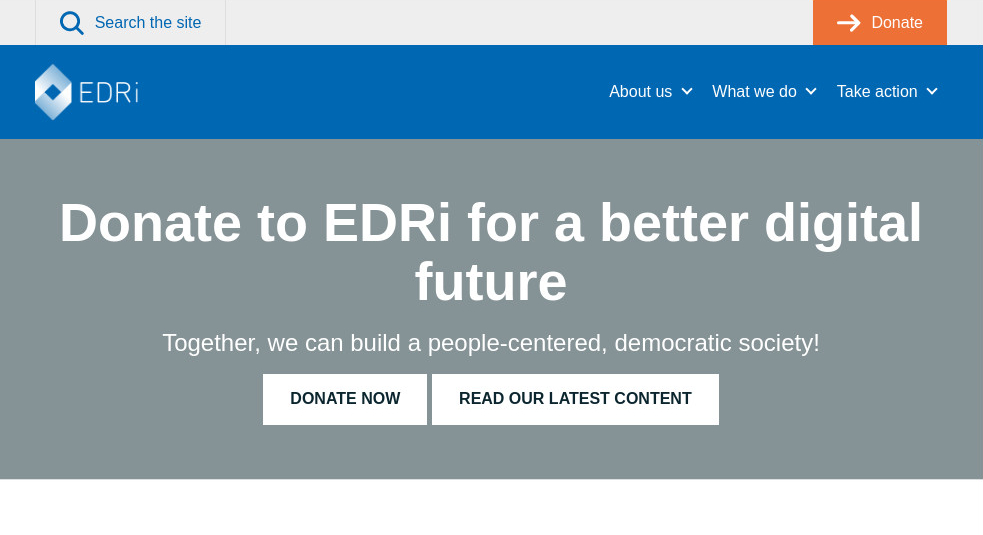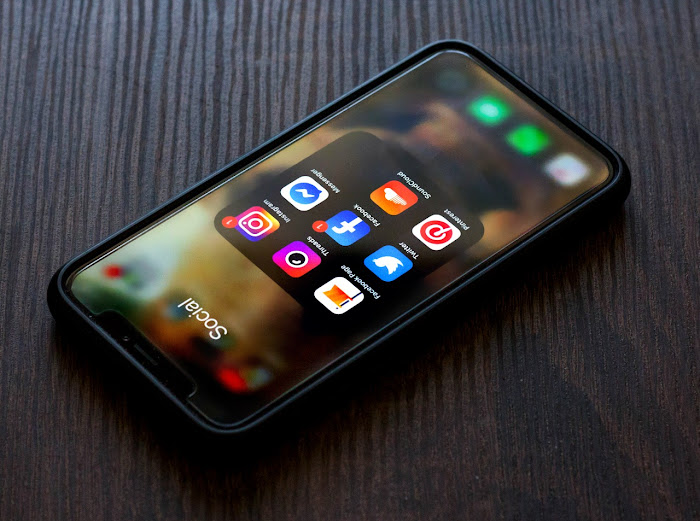"The big donations are not really donations. They're deals. And the small donors are just the mugs who pay to be trampled on by the big donors."

As we head towards a world in which every other Twitter feed harbours a link to GoFundMe or similar, there's an uncomfortable sense that charityhas slowly been hijacked by the rising class of the “champagne victim” or "grassroots activist". The “champagne victim” being a well-off individual or business, using emotional pressure and guilt-building tactics to source charitable donations on their own behalf. The "grassroots activist" being a self-styled champion of human rights, whose real concern for the common people persistently hovers around the nil mark.
It's certainly true to say that in some areas, the sob story has begun to replace the transaction as the go-to means of making money online. And in terms of personal economy, why wouldn't it? I mean, why complete ten online surveys for £8, or write a thousand-word blog post for £20, when you can just slap down your victim card and have some charitable soul give you an unconditional £50? And then another. And then another.
Times have changed. We're now used to reaching the bottom of a lazy, half-soaked blog article, only to be told we should be paying for the four minutes we've just wasted reading other people's random, speculative quotes from Twitter. Four minutes we will never get back.
What so many of us don't realise, is that the people tapping us up for these donations are so often getting paid anyway. Some of them have strings of major corporate sponsors. Some of them receive very hefty grants. They may sell their best content from behind a paywall. Why pay them for the clickbait they know no one will buy?…
